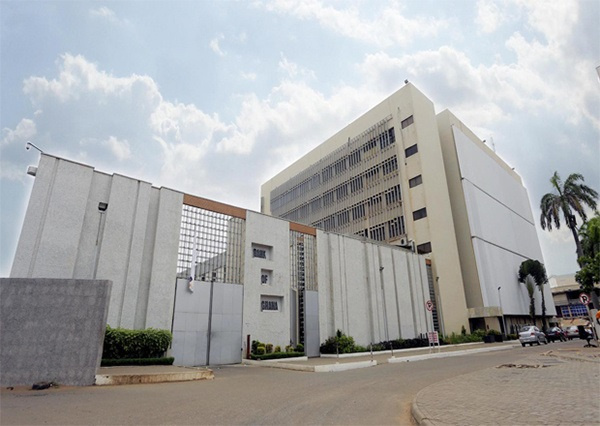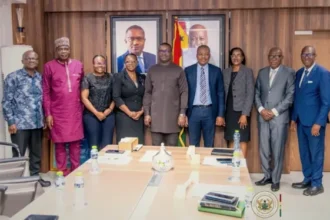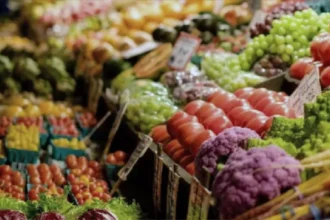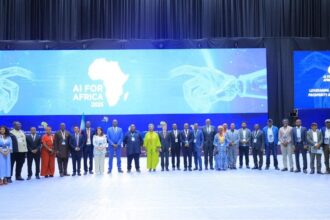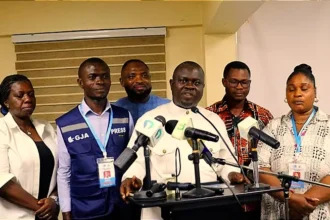At the CNVERGE ’25 trade and banking event in London, Dr. Zakaria Mumuni, the First Deputy Governor of the Bank of Ghana, told bankers, traders, and market players to get ready to make the most of Ghana’s growing commodity sector.
He said that the country’s move from just exporting raw materials to using them strategically to build resilience, liquidity, and inclusive growth is opening up new chances for innovation and working together.
Dr. Mumuni talked about many different businesses that banks and other financial institutions could look into. Some of these are structured products like swaps, forwards, and futures; financing arrangements backed by commodities; and new investment tools like the Ghana Gold Coin.
He also discussed how gold aggregation, storage, and trade facilitation could add value along the gold supply chain. He said this could increase profits, create jobs, and improve Ghana’s position in global markets.
He said, “These are real chances for new ideas and growth,” and that people who take advantage of them could be a big part of the country’s economic change.
He did, however, warn that these chances come with risks, such as price fluctuations, speculation, and the environmental and social costs associated with obtaining the resources. He said that any plan must include robust risk management systems to ensure that the results are long-lasting.
His comments come at a time when Ghana’s commodity boom is making the country’s economic indicators look much better. Ghana had a current account surplus of USD 3.4 billion in the first half of 2025, up from just USD 283 million a year earlier.
It also had a balance of payments surplus of USD 2.2 billion. By June, gross international reserves had risen to USD 11.1 billion, which was enough to cover 4.8 months of imports. The cedi has also gained more than 40% against the U.S. dollar so far this year, thanks to strong inflows from gold, cocoa, and remittances.
The central bank has also taken steps to make the economy more resilient, such as a hedging program to protect reserves from changes in commodity prices and big foreign exchange interventions to support the cedi. The BoG and the IMF said these efforts have stabilised the macroeconomic environment, but policy should be more rules-based and open in the future.
Dr. Mumuni said that the central bank is dedicated to working with traders, investors, and financial institutions to make sure that Ghana’s commodity-driven opportunities lead to real benefits for businesses and communities.
He said that to get the most out of the boom without losing sight of long-term sustainability, there needs to be a mix of new financial ideas, adding value, and responsible behaviour.


